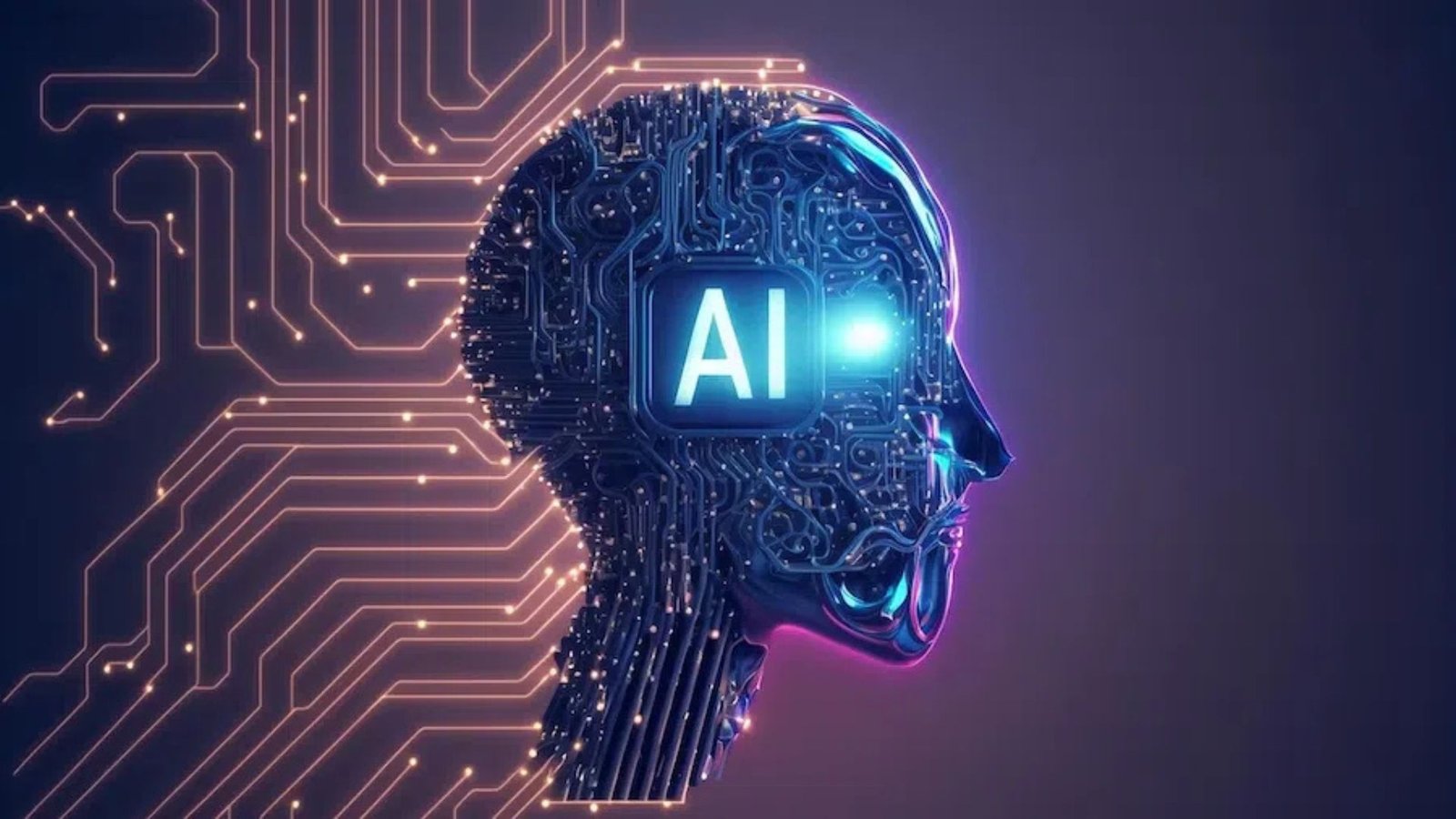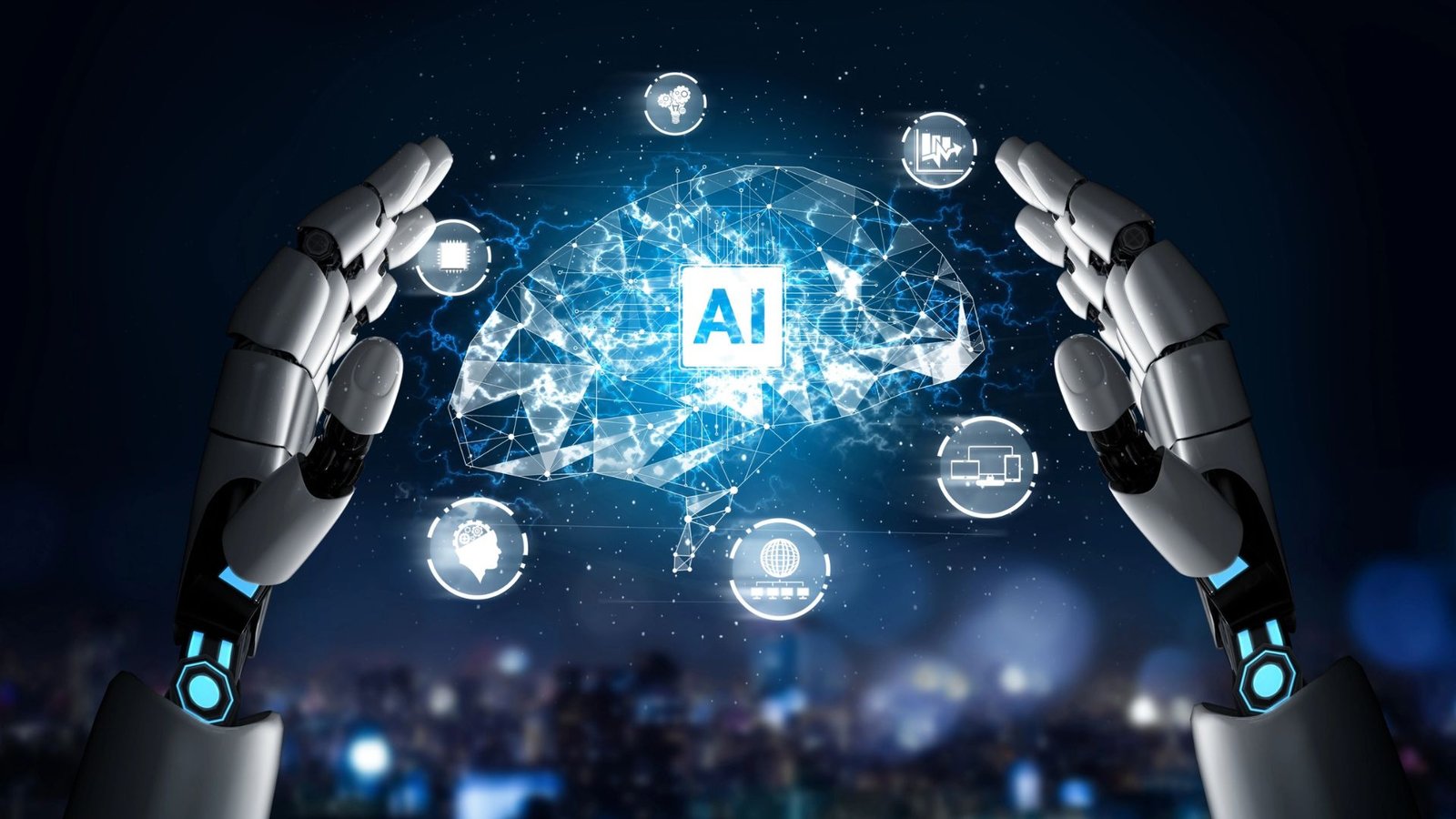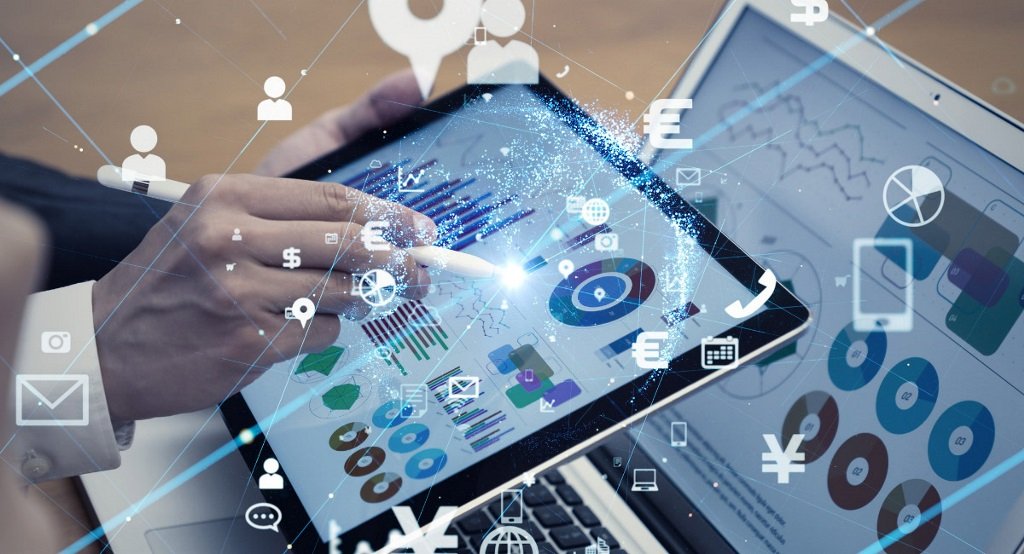Artificial Intelligence (AI) is revolutionizing the way we interact with technology. With its ability to learn, adapt, and perform tasks that typically require human intelligence, AI is transforming multiple industries. From improving efficiency to providing personalized experiences, the benefits of artificial intelligence in technology are vast. In this article, we’ll explore how AI is enhancing various aspects of technology, including automation, decision-making, and user experiences.

Improved Efficiency and Automation
One of the primary benefits of artificial intelligence in technology is its ability to automate routine tasks, improving efficiency across industries. AI-powered systems can handle repetitive and time-consuming tasks, allowing human workers to focus on more strategic activities.
- AI-driven automation tools can manage customer service inquiries, process data, and even schedule appointments.
- In manufacturing, AI robots streamline production lines, reducing the need for manual labor and enhancing speed.
- Smart home devices powered by AI help automate everyday tasks like adjusting the thermostat, controlling lights, and managing security systems.
By automating repetitive tasks, AI not only saves time but also increases accuracy, reduces human error, and enhances productivity across various sectors.
Enhanced Personalization
AI plays a significant role in personalizing user experiences. Whether you are shopping online, browsing social media, or using a navigation app, AI helps tailor content to suit individual preferences.
- Recommendation systems use AI algorithms to suggest products, music, movies, and more based on users’ past behavior and preferences.
- In e-commerce, AI personalizes shopping experiences by analyzing customer data, predicting their needs, and offering customized product suggestions.
- Social media platforms like Facebook and Instagram use AI to curate news feeds, showing posts and advertisements based on user interests.
Through enhanced personalization, AI ensures that users engage with content and products that are most relevant to them, improving satisfaction and engagement.
Data Analysis and Decision-Making
Artificial intelligence is particularly effective in data analysis. AI algorithms can process large datasets quickly, identify patterns, and provide insights that would take humans much longer to uncover.
- AI in healthcare analyzes medical data to assist in diagnosing diseases, predicting treatment outcomes, and recommending personalized care plans.
- In finance, AI analyzes market trends and predicts stock movements, aiding investors in making informed decisions.
- AI-powered analytics tools are used across industries to monitor performance, optimize processes, and make data-driven decisions.
By analyzing data in real-time, AI helps businesses make better, more informed decisions that improve efficiency and outcomes.
Revolutionizing Customer Service
Customer service has seen significant improvements thanks to AI. Chatbots and virtual assistants can now handle customer queries 24/7, offering quick and accurate responses.
- AI-powered chatbots can provide instant support on websites, answering frequently asked questions and resolving issues.
- Voice assistants like Siri, Alexa, and Google Assistant offer hands-free help, making it easier for users to interact with devices.
- AI-driven CRM systems use data to personalize communication with customers, offering tailored solutions and improving customer satisfaction.
With AI, businesses can provide faster and more efficient customer support, leading to better customer experiences and loyalty.
Advancements in Healthcare
AI is also making significant strides in the healthcare industry. From diagnostic tools to drug discovery, AI is helping healthcare providers deliver better patient care.
- AI algorithms analyze medical imaging, such as X-rays and MRIs, to detect signs of disease more accurately than traditional methods.
- Predictive analytics helps identify potential health risks, allowing doctors to intervene before conditions worsen.
- Robotic surgery powered by AI enhances precision and reduces recovery times for patients.
AI’s ability to process complex medical data and provide insights is transforming healthcare, leading to better patient outcomes and more efficient treatments.
Autonomous Vehicles and Transportation
AI is a driving force behind the development of autonomous vehicles. Self-driving cars, trucks, and drones are increasingly being tested and deployed in various industries.
- AI in self-driving cars allows vehicles to navigate, avoid obstacles, and make decisions in real time based on data from sensors and cameras.
- AI-powered logistics improve supply chain management by predicting the fastest and most efficient routes for delivery trucks.
- Autonomous drones are being used in industries like agriculture and delivery, performing tasks that were once manual and time-consuming.
With AI in transportation, we can expect to see safer, more efficient, and cost-effective solutions for moving goods and people.
Improving Security and Fraud Detection
AI is also playing a crucial role in improving security and fraud detection. By analyzing patterns in data, AI can identify potential threats and alert security teams to take action.
- AI-powered security systems use facial recognition and other biometric data to grant secure access to devices, buildings, and systems.
- Fraud detection systems in banking and e-commerce use AI to analyze transactions in real-time, identifying suspicious activity and preventing fraud.
- Cybersecurity solutions powered by AI help protect organizations from malware, phishing attacks, and other cyber threats.
By leveraging AI in security, organizations can better protect sensitive data and reduce the risk of fraud and cyberattacks.
Conclusion
The benefits of artificial intelligence in technology are clear and far-reaching. From improving efficiency and automating tasks to enhancing personalization and revolutionizing healthcare, AI is transforming how we interact with technology in our daily lives. As AI continues to evolve, its applications will only expand, offering even more opportunities to optimize processes, make data-driven decisions, and create innovative solutions across industries.











